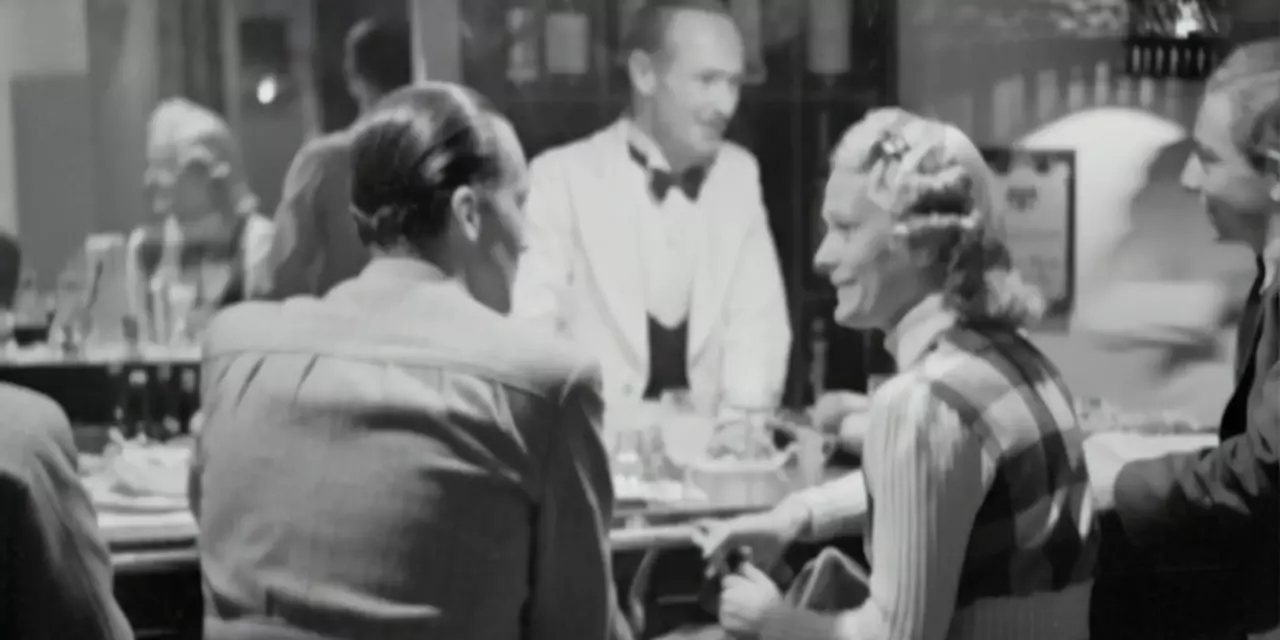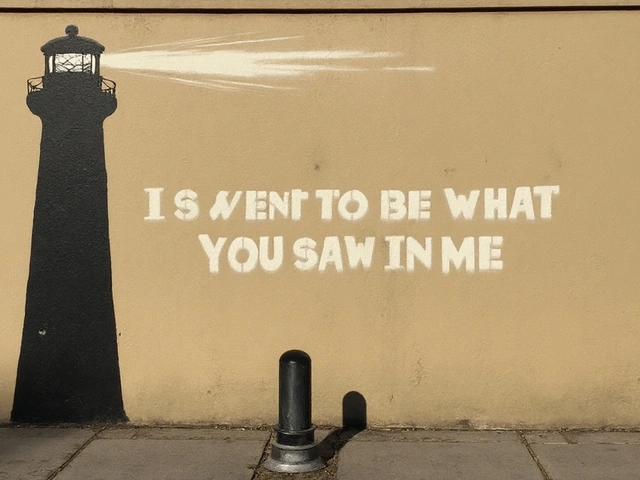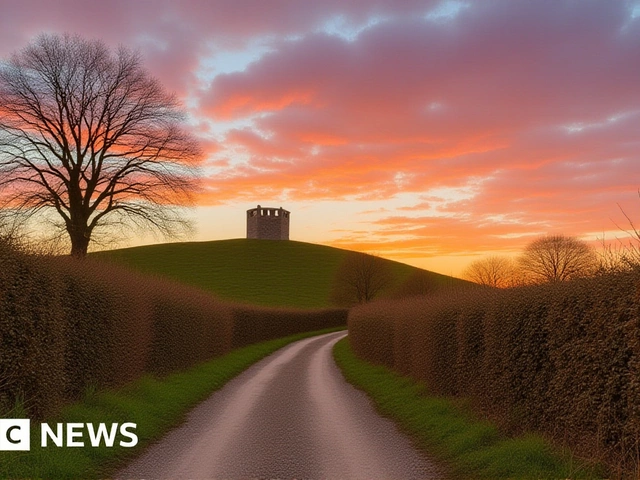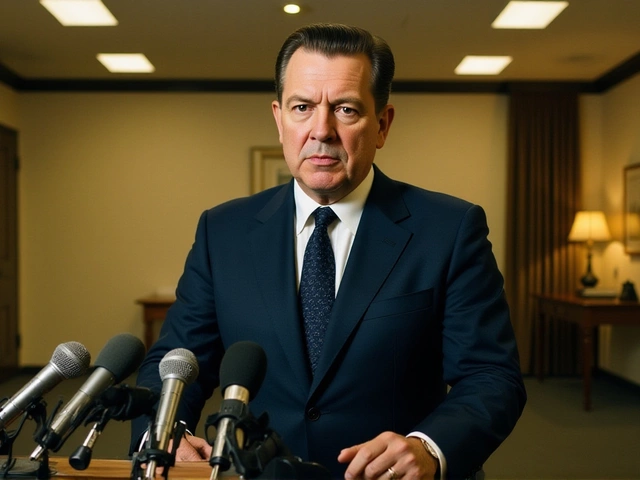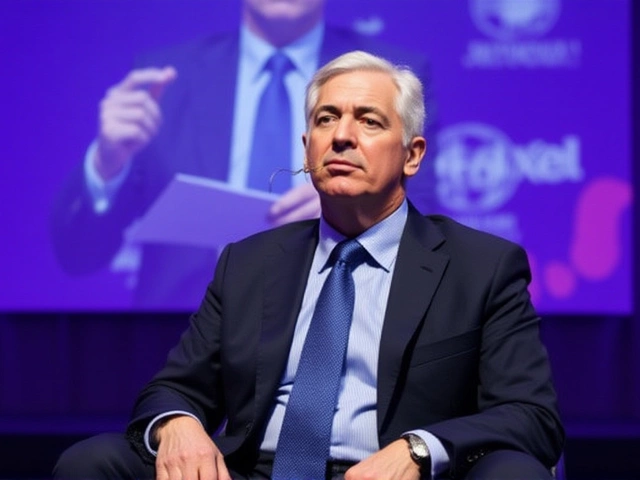Ranking the Top 10 Best Historical/Period Dramas of All Time
Historical dramas are some of the most beloved and revered films of all time. From sweeping love stories, to epic battles, to tales of courage and justice, these movies bring history to life in a way that is captivating and inspiring. With so many great historical dramas out there, it can be difficult to pick the ones that stand out from the rest. To help you decide, here is our ranking of the top 10 best historical/period dramas of all time:
- Gone with the Wind (1939)
- The Godfather (1972)
- The Last Samurai (2003)
- Braveheart (1995)
- Schindler's List (1993)
- Gladiator (2000)
- Lawrence of Arabia (1962)
- The Pianist (2002)
- Gandhi (1982)
- The King's Speech (2010)
These films represent some of the best historical dramas ever made, with each one telling a unique story that is sure to captivate viewers. Whether it's the love story of Gone with the Wind, the tragedy of Schindler's List, or the inspiring tale of Gandhi, these movies are sure to keep you entertained. So if you're looking for a great historical drama, then look no further than this list!
Historical and period dramas have long been an important part of our culture. They provide us with an entertaining way to explore different eras, cultures, and societies. Whether it’s the age of knights, the Renaissance, or the industrial revolution, these stories bring to life the people and events that shaped our world.
In addition to entertainment value, these stories can have a significant impact on our culture. They can help us to understand the struggles and triumphs of our ancestors, and gain a better appreciation for how far we have come. They also can provide a platform for discussing serious issues, such as prejudice, gender inequity, and social injustice.
Historical and period dramas can also serve as a reminder of the importance of preserving our history, and the value of learning from the past. By studying the characters and stories depicted, we can gain a greater understanding of how past events have shaped our current society.
So, what are some of the best historical and period dramas? From classic films like “The Godfather” to modern television series like “Game of Thrones,” there are a wide variety of stories to explore. The following list is some of our favorites:
- Gone with the Wind
- The Crown
- The Tudors
- Downton Abbey
- Outlander
- The Last Kingdom
- Rome
- The Bastard Executioner
- The Crown
- Sumptom
No matter what type of historical or period drama you choose to watch, it is sure to provide an entertaining and educational experience. So, why not take some time to explore the amazing stories of the past?
If you’re a fan of historical/period dramas, then you know that the past decade has seen some of the best stories brought to life on the big and small screens. From sprawling epics to intimate stories, there’s something for everyone. Here’s a comprehensive guide to the best historical/period dramas from the past decade.
Mad Men (2007-2015)
Mad Men is often considered one of the best television series of all time. Set in 1960s New York City, it follows the lives of the advertising executives at the fictional Sterling Cooper agency. The series was praised for its nuanced characters, topical storylines, and stunning visuals. Mad Men won a total of 16 Emmy Awards and 5 Golden Globe Awards. It is often used as a benchmark for modern-day period drama.
The Crown (2016-present)
The Crown is a Netflix original series that follows the life of Queen Elizabeth II, beginning with her ascension to the throne in the late 1940s. It’s a sweeping drama that covers the Queen’s political and personal life, as well as the lives of her family and courtiers. The Crown has been praised for its attention to historical detail and its strong performances. It has won multiple Emmy Awards and Golden Globe Awards, including Best Television Series - Drama.
Outlander (2014-present)
Outlander is a Starz television series based on the best-selling novels by Diana Gabaldon. It follows the story of Claire Randall, a nurse from 1945 who is mysteriously transported back in time to 1743 Scotland. There, she meets Jamie Fraser, a dashing Highland warrior, and soon finds herself embroiled in the Jacobite risings of the 18th century. Outlander has been praised for its strong female lead and its ability to blend historical accuracy with fantasy. It has won numerous awards, including a People’s Choice Award for Favorite Cable Sci-Fi/Fantasy TV Series.
The Great (2020)
The Great is a Hulu original series that tells the story of Catherine the Great’s rise to power in 18th-century Russia. It stars Elle Fanning as Catherine and Nicholas Hoult as her husband, Emperor Peter. The Great is a dark comedy that follows Catherine’s journey from naive young bride to ruthless ruler. It has been praised for its witty dialogue and bold storytelling. The Great won two Emmy Awards and a Golden Globe Award, among other accolades.
Downton Abbey (2010-2015)
Downton Abbey is a British period drama that follows the lives of the Crawley family and their servants in a fictional Edwardian country estate. The series was praised for its sweeping storylines and its strong ensemble cast. It won a total of 15 Emmy Awards and 3 Golden Globe Awards. Downton Abbey has become a pop culture phenomenon, and it continues to be one of the most beloved period dramas of all time.
Comparing the Storytelling Techniques Used in Historical/Period Dramas
Historical/period dramas are some of the most beloved television shows and films, as they offer a glimpse into a different time and culture. But what makes these stories so captivating? What makes them stand out from other genres? The answer lies in the storytelling techniques used in historical/period dramas. From carefully crafted dialogue to detailed set design and costumes, these stories are crafted with an eye for detail and accuracy. One of the most important elements of historical/period dramas is the dialogue. Rather than relying on modern slang or pop culture references, these stories rely on carefully chosen words and phrases that evoke the period in which the story takes place. This helps the audience to feel like they are truly immersed in the time period. Another important element of the storytelling is the use of symbolism. Historical/period dramas often use symbols to represent a particular theme or idea that is important to the story. For example, a particular flower may represent love, while a particular painting may represent sadness. These symbols help to create an emotional connection between the story and the audience. Finally, the sets and costumes in historical/period dramas are carefully designed to accurately recreate the time period in which the story takes place. From the furniture to the clothing, these elements help to create a believable and immersive atmosphere for the audience. Overall, historical/period dramas are captivating stories that are crafted with an eye for detail and accuracy. By carefully crafting the dialogue, using symbolism, and designing the sets and costumes, these stories create an immersive experience for the audience that transports them back to the time period in which the story takes place.Historical/period dramas have been a popular form of entertainment for centuries. From the days of Shakespeare’s plays to today’s films and television shows, there has been an ongoing fascination with stories set in the past.
In the early days of cinema, historical/period dramas were often costume dramas featuring grandiose sets and lavish costumes. These films often focused on stories of royalty, wars, and other events that shaped history. They were often big budget productions with well-known actors and actresses.
In recent years, there has been a shift in historical/period dramas. Instead of focusing on royalty and wars, more attention is given to everyday people and the stories of their lives. This has allowed for more diversity in the types of films being made.
In addition to films, television shows have also begun to explore historical/period drama stories. These shows often look at different aspects of life in different time periods. This can include everything from the fashion trends to the political atmosphere of the time.
Overall, historical/period dramas have come a long way from their early days. Today, there are a variety of films and television shows that explore different aspects of life in different time periods. These stories are often more diverse and complex than they were in the past, allowing viewers to gain a better understanding of the past.
- Poplular Tags
- historical
- period
- drama
- best





